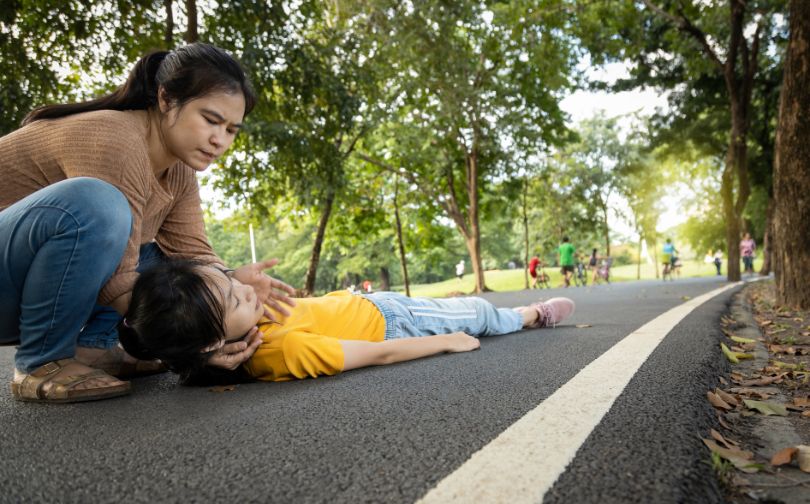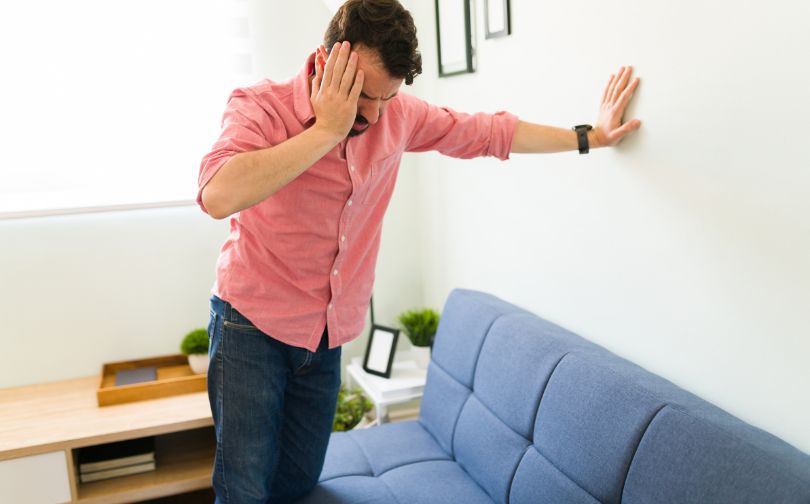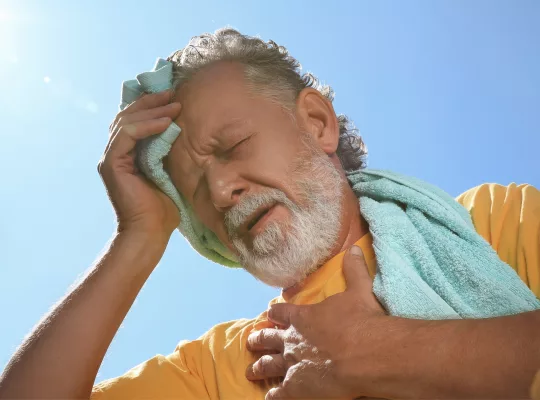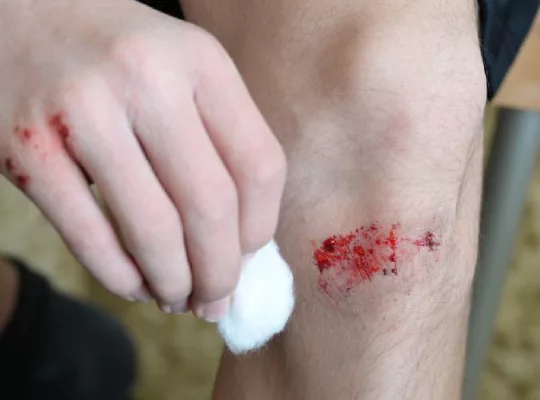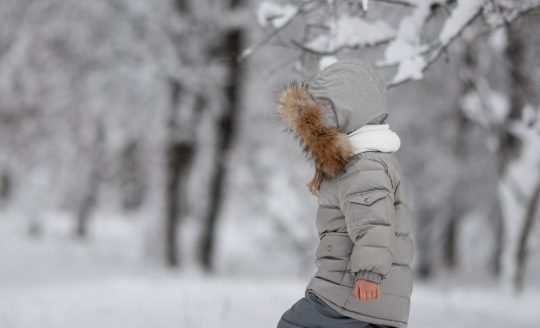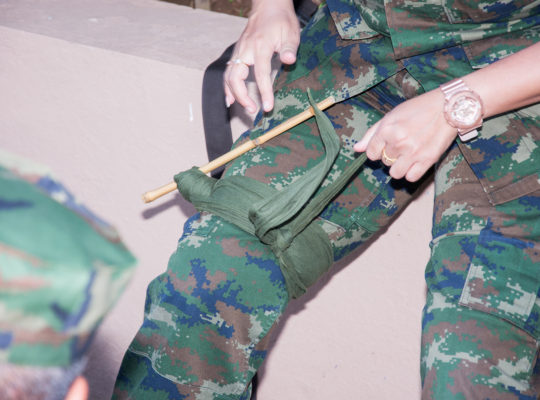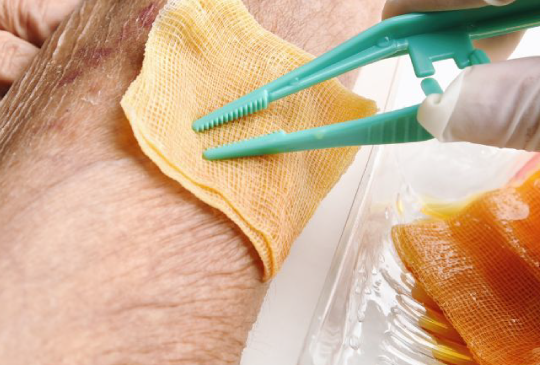Fainting can happen suddenly and without warning, leaving those around the person feeling unprepared and anxious. Whether it’s a friend, a coworker, or a stranger, knowing how to respond effectively can make a significant difference. A lack of immediate action may even worsen the situation, adding to the stress for everyone involved.
Did you know that fainting is often caused by a temporary drop in blood flow to the brain? This makes it crucial to understand not only how to help someone who faints but also how to recognize the signs that it might occur.
In this article, we’ll break down simple steps to handle fainting emergencies, explain why they happen, and share tips to prevent them in the future. You’ll gain the confidence to act quickly and calmly when it matters most.
How to Help Someone Who Has Fainted?
Lie them on their back. If they are actively fainting or seem like they are about to faint, help them to the ground. They should either lie on their back or sit on the ground with their head between their knees. If the person faints and sustains an injury, move them as little as possible.
Raise their legs if uninjured. Raising their feet 12 inches above their head will help restore blood flow to the brain.
Check for breathing and pulse. If the person stops breathing or you can’t feel their pulse, administer CPR and call 911.
Loosen tight clothing. Make sure clothing isn’t restricting blood flow or breathing.
Stay with them. You should stay with the person to make sure they don’t stop breathing, and to make sure they stand up slowly.
What Causes Fainting?
Fainting occurs when someone experiences a sudden drop in blood pressure, causing the brain to not get enough blood, resulting in a short loss of consciousness. If someone around you faints, you should care for them as described above and then talk to them to see if they need a doctor. There are a lot of reasons as to why someone might faint, these include:
- Overheating. When people get hot, blood vessels expand, which drops blood pressure, this can eventually lead to fainting.
- Overexertion. Strenuous exercise can result in blood vessels expanding and increase the brain’s need for oxygen. Pushing yourself too hard can result in fainting.
- Medical conditions. Diabetes and epilepsy can cause fainting.
- Standing up too fast. When people sit, their blood pressure decreases because the body has to work against gravity less. Standing up quickly doesn’t let the body properly adjust to the gravity, and forces blood away from the brain.
- Lack of food or water. The body needs food and water to function properly. If you’re hungry your blood sugar will be low, causing your brain to not get enough energy, resulting in fainting. Similarly, water is needed for every body function.
Other Ways to Help
Keep them calm when they wake up. Talk to the person gently and use calming language. Explain that they fainted and ask if they want to see a doctor.
If they overheated. There are two options.
- If the person only fainted for a few seconds or was about to faint, get them inside or somewhere cool. Offer them small sips of water until they start to feel better, then gradually increase water intake. Electrolyte replenishers are also very effective. A comprehensive heat stress kit should include electrolyte replenishers, cold packs, emergency water and food. Slowly give the person water and food until they start to feel better.
- If the person fully loses consciousness outside. Get them somewhere cool and call 911, they may have suffered or may be suffering from heat stroke. If they wake up before emergency services, give them small sips of water until help arrives.
If they have medical conditions. Call 911 and stay with the person until help arrives.
Offer small sips of water or small bites of food. It is important to go slowly so their body doesn’t react negatively to the food or water.
Was it Fainting or Losing Consciousness?
Fainting should only last for a few moments. If the person stays unconscious for longer than two minutes, then the procedures change. If they lose consciousness, call 911 and check for breathing and a pulse. If they are breathing and their pulse is fine, and you don’t suspect a spinal injury gently toll them onto their side. Position their top leg so both the hip and knee form right angles. Then gently tip their head back to keep their airway open.
Stay with the person until help arrives, making sure you pay attention to their breathing and pulse. If at any time they stop breathing or their pulse stops, roll them onto their back and begin administering CPR.

Should You Use Smelling Salts?
Smelling salts, or ammonia inhalants provide a very abrasive smell that can wake up a fainted or unconscious person. Smelling salts should only be used for someone who faints and doesn’t have a medical condition or has suffered an injury while fainting. People who are exposed to an ammonia inhalant tend to jolt or have some other form of physical reaction. If the person is injured, then an ammonia inhalant may cause a physical reaction and make the injury worse.
When someone faints, the most important thing you can do is get them on their back and stay with them. Fainting is usually not serious unless the person hits their head or back on the way down or has a medical condition. Staying by the person’s side can help them stay calm, realize what may have caused them to faint, and help them address the issue.
Can Fainting be Prevented?
Yes, fainting can often be prevented by addressing the underlying causes and adopting certain strategies. Fainting, or syncope, occurs when the brain temporarily doesn’t receive enough blood and oxygen, causing a brief loss of consciousness. Here are some preventive measures:
- Hydration: Dehydration can lead to low blood pressure, which may trigger fainting. Ensuring adequate fluid intake, especially in hot weather or during physical activity, can help maintain blood volume and prevent fainting.
- Balanced Diet: Low blood sugar can also cause fainting. Eating regular, balanced meals that include protein, fiber, and complex carbohydrates can help stabilize blood sugar levels.
- Gradual Position Changes: Standing up too quickly can cause a sudden drop in blood pressure (orthostatic hypotension). To prevent fainting, it’s helpful to rise slowly from a sitting or lying position.
- Avoiding Triggers: For some people, certain triggers such as standing for long periods, heat exposure, or the sight of blood may provoke fainting. Recognizing and avoiding these triggers can help prevent episodes.
- Wearing Compression Stockings: For those with a tendency to faint due to low blood pressure, wearing compression stockings may help improve circulation and prevent blood from pooling in the legs.
Conclusion
Understanding how to respond to fainting is crucial for providing immediate and effective assistance. Fainting often results from a temporary drop in blood flow to the brain, leading to a brief loss of consciousness. Knowing the causes, like overheating, overexertion, medical conditions, or dehydration, can help in preventing future episodes.
If someone faints, the key steps include laying them on their back, raising their legs, and checking their breathing and pulse. Staying calm and ensuring their comfort can make a significant difference in their recovery. Remember to seek medical help if necessary, especially if the person has underlying health issues.
Prevention strategies include staying hydrated, eating balanced meals, and rising slowly from seated positions to avoid sudden drops in blood pressure. These proactive measures can reduce the risk of fainting and promote overall well-being.
FAQs
What Are the Warning Signs Before Fainting?
Warning signs include dizziness, nausea, sweating, blurred vision, and lightheadedness. These symptoms appear just before fainting, allowing time to prevent a fall. Recognizing them early can help in taking quick action, like sitting or lying down, to avoid injury.
What Should I Avoid Doing When Someone Faints?
Do not give food or drink to an unconscious person, shake them, or put their head between their knees. These actions can be dangerous or ineffective. Instead, ensure they are lying down with legs elevated to improve blood flow.
Can Fainting Be Dangerous?
Fainting can indicate serious health conditions like heart or neurological issues. Falls during fainting can cause injuries, especially in older adults. While often harmless, recurring fainting episodes should be medically evaluated to rule out underlying problems.
What Should I Do If Someone Vomits While Unconscious After Fainting?
Turn the person onto their side to prevent choking if they vomit while unconscious. This helps keep their airway clear. Do not delay in seeking immediate medical assistance if they remain unresponsive after vomiting.


